Description
Explore the benefits of Spirulina cattle supplement for sale. Learn about its nutritional value, impact on milk production, and health advantages cattle.
Spirulina cattle supplement for sale
Spirulina: A Nutrient Powerhouse for Healthier Cattle and Sustainable Farming?
The quest for sustainable and efficient cattle feeding continues to drive innovation in agriculture. While traditional feeds remain staples, researchers and farmers are increasingly exploring alternative options that can enhance animal health, improve productivity, and minimize environmental impact. One such promising alternative is spirulina, a blue-green algae packed with nutrients that could revolutionize cattle feeding practices.
What is Spirulina and Why is it Interesting?
Spirulina is a type of cyanobacteria, commonly referred to as blue-green algae, that has been consumed by humans for centuries. It’s renowned for its exceptional nutritional profile, boasting high concentrations of protein, vitamins, minerals, antioxidants, and essential fatty acids. This potent combination makes spirulina a compelling candidate for supplementing or even partially replacing traditional cattle feed.
Potential Benefits of Incorporating Spirulina into Cattle Diets:
The inclusion of spirulina in cattle diets shows promise in several key areas:
- Improved Growth and Weight Gain: Spirulina’s high protein content, often exceeding 60% of its dry weight, can contribute to increased muscle mass and overall growth in cattle. Studies suggest that supplementing with spirulina can lead to improved feed conversion ratios, meaning cattle can gain more weight from the same amount of feed.
- Enhanced Immune System: Spirulina is a rich source of antioxidants, such as phycocyanin and beta-carotene, which can bolster the immune system and protect cattle from disease. A stronger immune system translates to healthier animals, reduced reliance on antibiotics, and lower veterinary costs.
- Increased Milk Production and Quality: For dairy cattle, spirulina supplementation may lead to increased milk production and improved milk quality. The presence of vitamins and minerals in spirulina can contribute to higher levels of essential nutrients in the milk, potentially benefiting human consumers.
- Improved Reproduction: Some research suggests that spirulina can positively impact reproductive health in cattle. Its rich nutrient profile may contribute to improved fertility and reduced incidence of reproductive disorders.
- Reduced Methane Emissions: Livestock, particularly cattle, are significant contributors to greenhouse gas emissions, primarily methane. Emerging research indicates that spirulina may help reduce methane production in the rumen (the first chamber of the cow’s stomach), contributing to more sustainable farming practices.
- Sustainable and Eco-Friendly Feed Source: Spirulina is relatively easy and environmentally friendly to cultivate. It requires minimal land, water, and fertilizer compared to traditional feed crops. In some cases, it can even be grown using wastewater, further reducing its environmental footprint.
Spirulina cattle supplement for sale
Challenges and Considerations:
Despite its potential, the widespread adoption of spirulina in cattle feeding faces some challenges:
- Cost: While spirulina production costs are decreasing, it can still be more expensive than traditional feed ingredients like soybean meal or corn. Economic feasibility will depend on factors such as production scale, location, and market demand.
- Palatability: Some cattle may initially be reluctant to consume spirulina due to its distinct taste and smell. Gradual introduction and mixing with other palatable feeds can help overcome this issue.
- Optimal Dosage and Formulation: Determining the optimal dosage and formulation of spirulina in cattle diets requires further research. The ideal amount will vary depending on factors such as the age, breed, and physiological state of the animal.
- Heavy Metal Contamination: Like other algae, spirulina can accumulate heavy metals from its growing environment. Ensuring a clean and controlled cultivation environment is crucial to prevent contamination and ensure the safety of the feed.
The Future of Spirulina in Cattle Feeding:
Spirulina holds significant promise as a sustainable and beneficial feed source for cattle. Ongoing research is focused on optimizing its production, determining ideal dosage levels, and evaluating its long-term effects on animal health and environmental impact. As production costs decrease and greater awareness of its benefits grows, we can expect to see increased adoption of spirulina in cattle feeding practices, contributing to healthier livestock, more sustainable farming, and a more resilient food system.
In conclusion, spirulina presents a compelling opportunity to enhance cattle feeding practices. By harnessing its nutritional power, farmers can potentially improve animal health, increase productivity, and contribute to a more environmentally responsible agricultural sector.

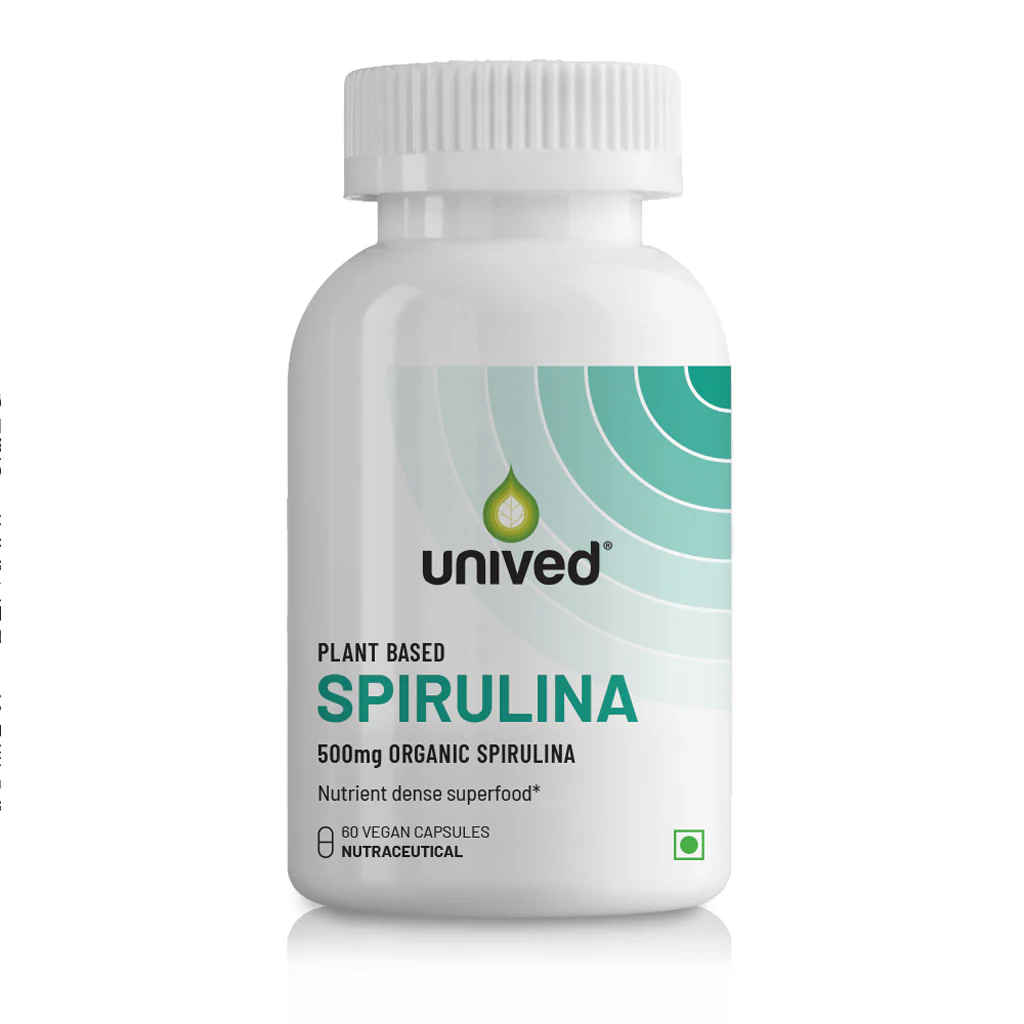
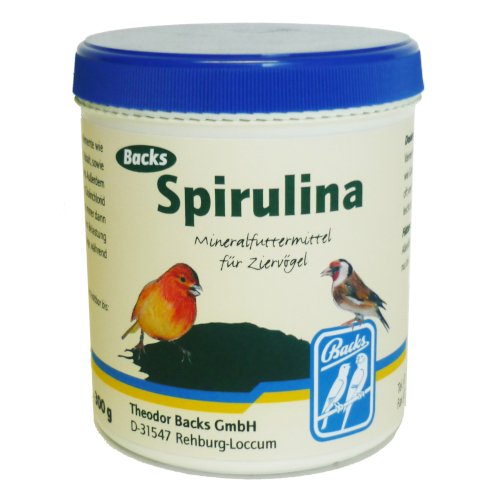
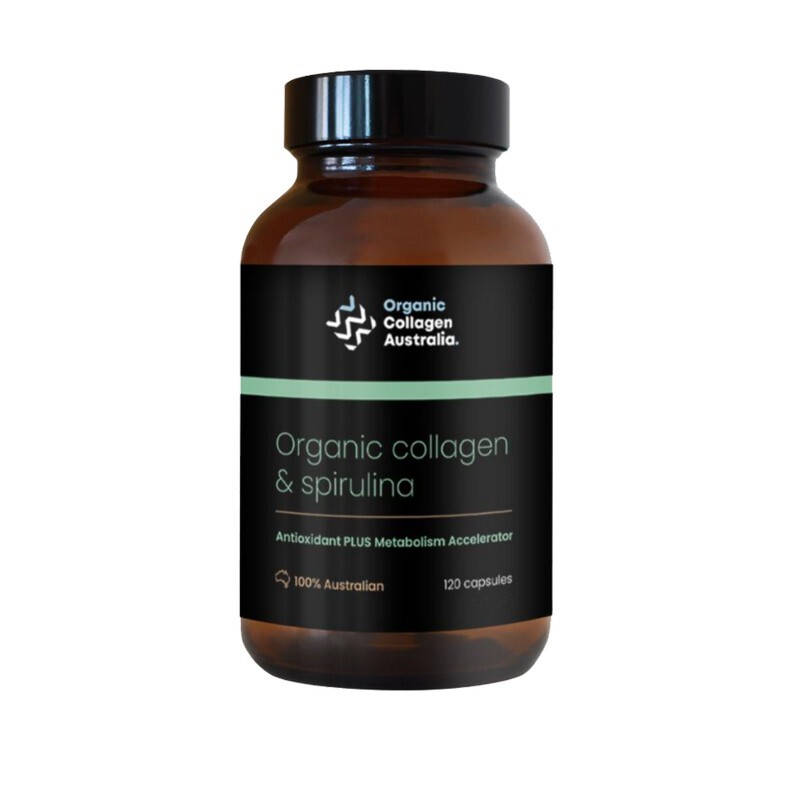
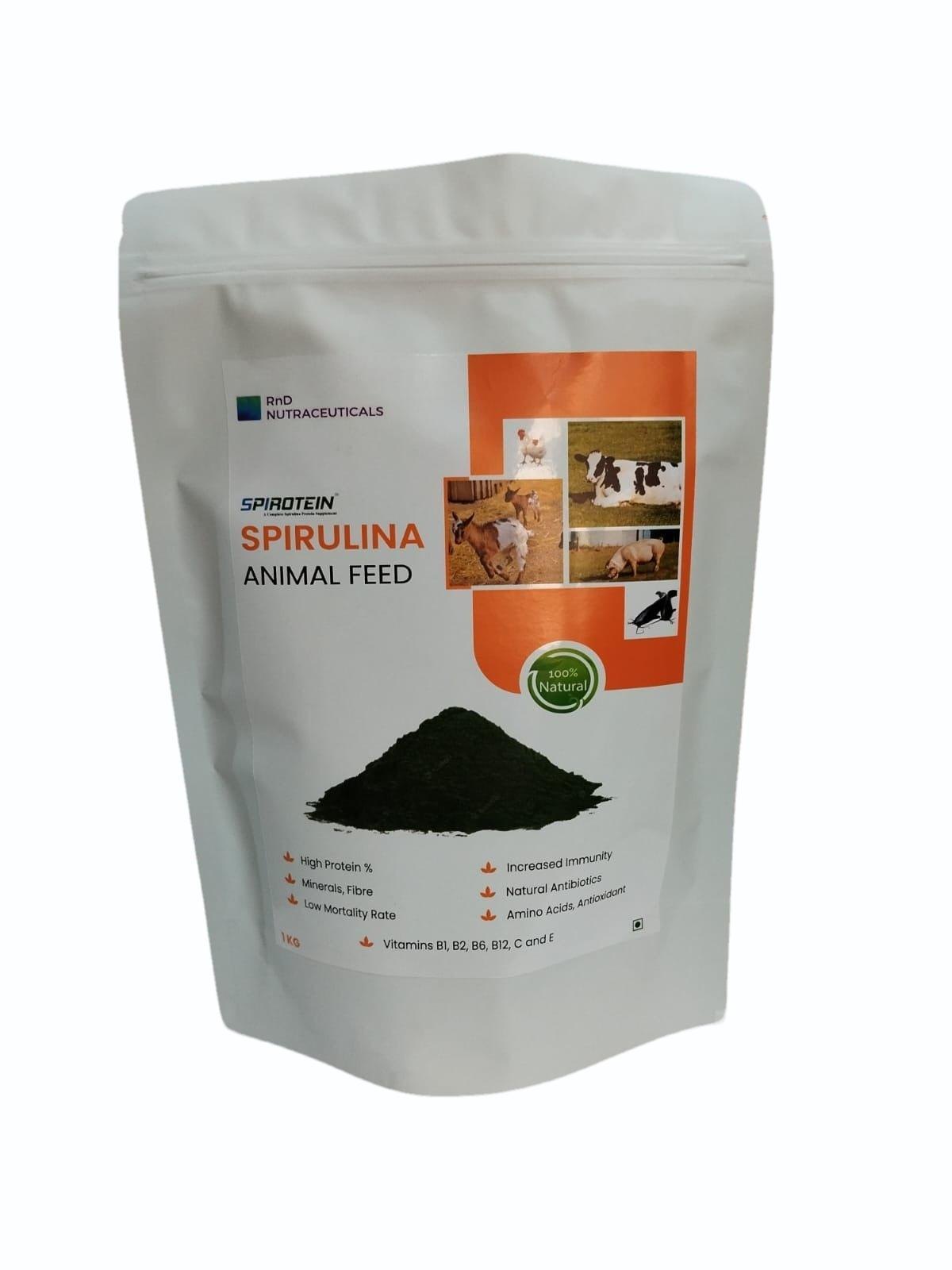
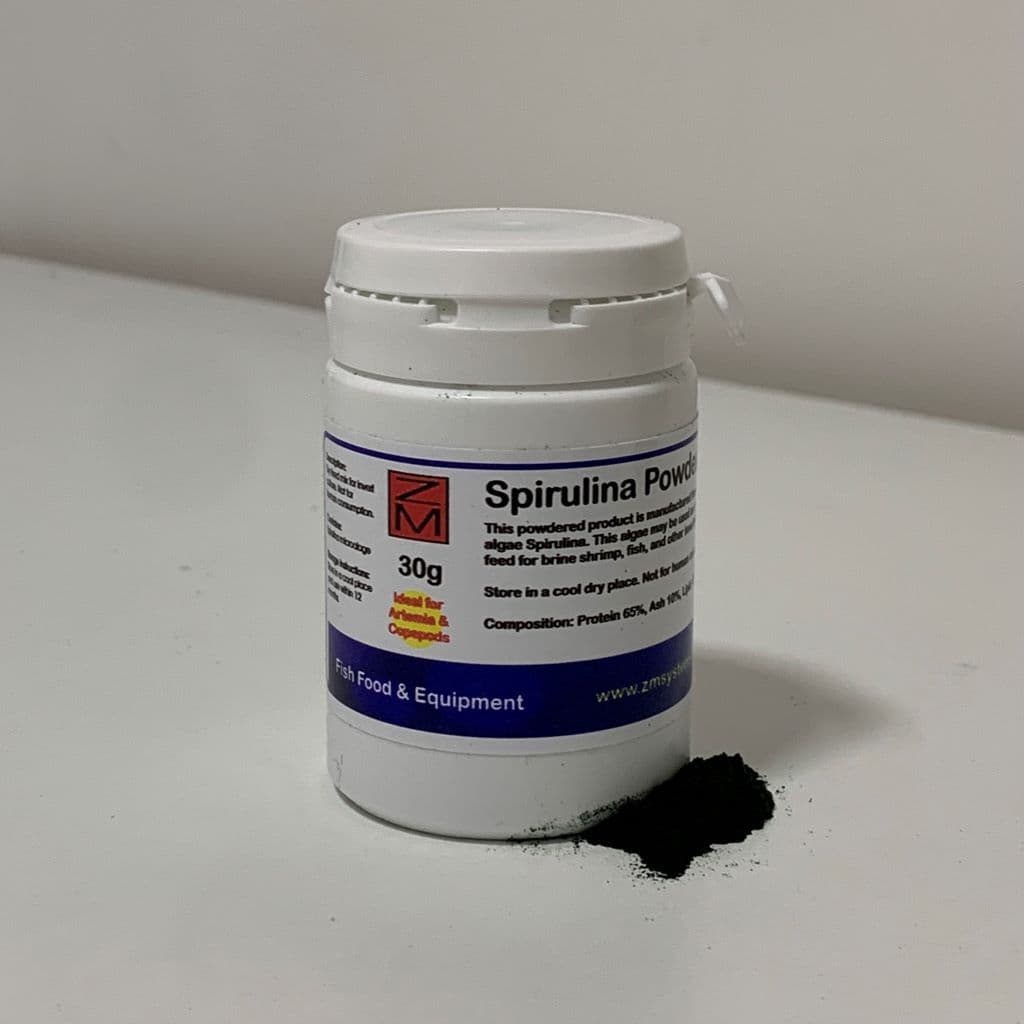
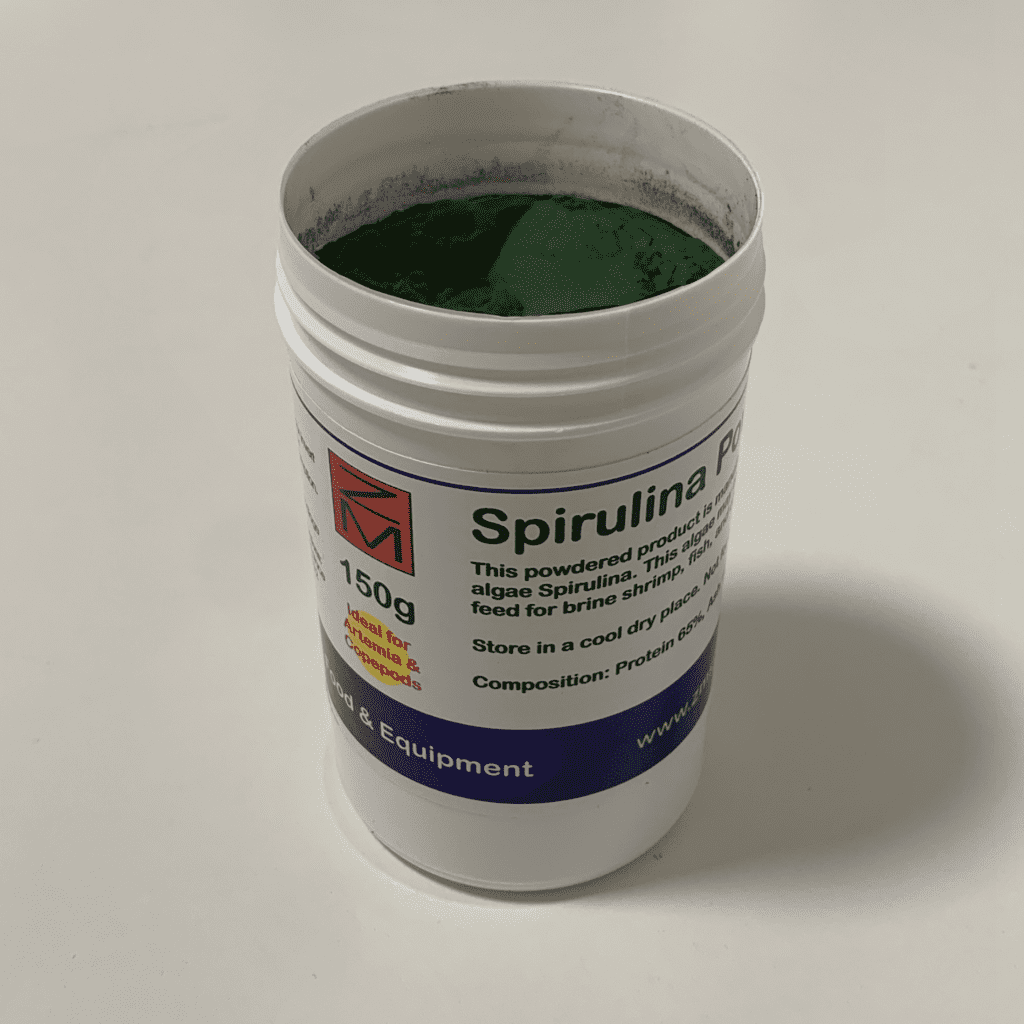
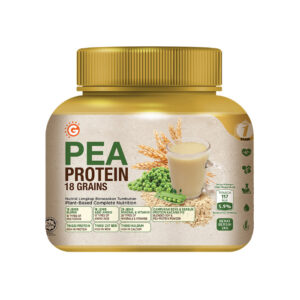

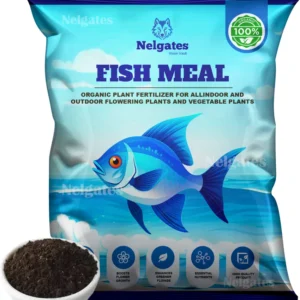
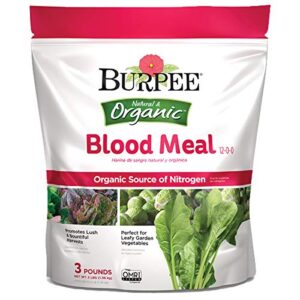
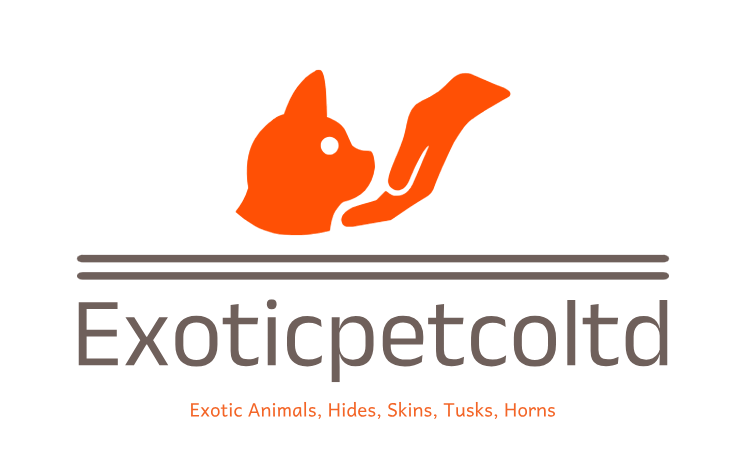

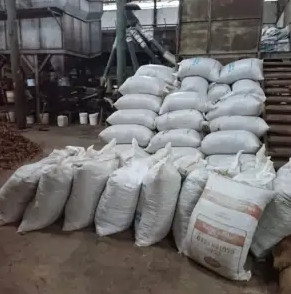

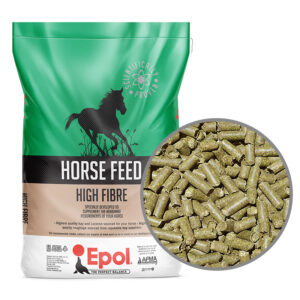
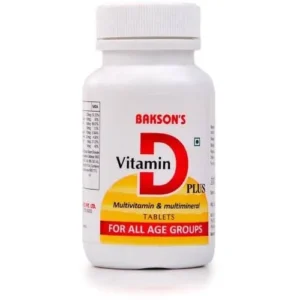
Reviews
There are no reviews yet.